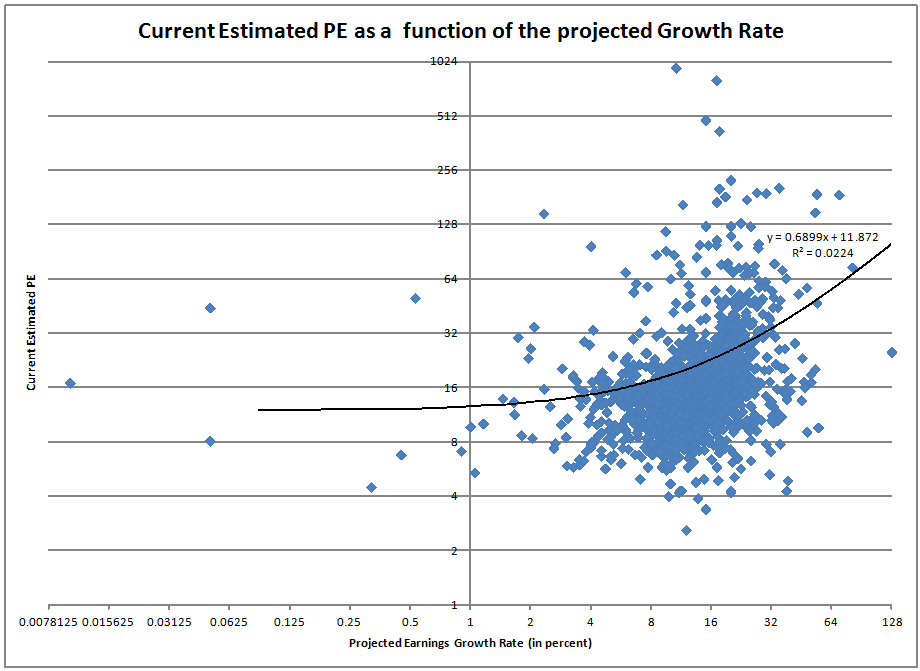Little Things are Important
One of the problems with many politicians, journalists, financial analysts, economists, etc., is that they don’t think systematically.? Go back to late 2006, when I wrote my piece Wrecking Ball Looms for Big Housing Spec, which was regarding the coming subprime crisis.? (Note: my editor often retitled my pieces; my original title was more circumspect.)? Or read my piece in mid-2005 regarding the impending unwind of leverage and prices in residential real estate, Real Estate?s Top Looms.? Both of those are inside the wall at RealMoney.? Apologies if you can’t read them.
At the beginning of the crisis, most economists, including the present Fed Chairman, said that problems ere limited, because they only affected limited areas of the residential real estate market.? Now, part of that response reveals that the Fed and other regulators beneath them had not been doing their jobs, because it is well-known now that underwriting quality of all residential mortgage lending had deteriorated.
When an economic system is overleveraged, with leverage that is layered, such that a domino effect can occur, small failures can have disproportionate results.? It is almost like the economic system during the bull phase self-organizes for the largest possible failure.? (Note: self-organizing systems do not always optimize for the long term.? Think: what other ideas could that invalidate?)
An overlevered residential real estate system had the possibility of a self-reinforcing decline in prices, once prices started declining nationally.? Now we face a still-overlevered residential real estate sector with a lot of the market inverted, where people owe more than the house is worth, though pockets on the low end of prices show recovery in some areas of the US.
Little things are important.? Some people say, “How can Greece pose so much risk to the rest of Europe?? It’s economy is so small relative to the rest of Europe.? Well, that’s where the leverage comes in again.
Core Eurozone banks have lent to Greek entities, and those banks are not well-capitalized.? If Greece left the Eurozone, and repaid loans in depreciated New Drachma, it would lead to a crisis in confidence regarding loans made to Spain, Portugal, and Italy.? The exposure of core Eurozone banks is significant, to the point where it could cause a broader crisis.
Little things are important where the system has been optimized; where something near perfection is needed to insure the proper performance of the over-evolved system where many entities are playing for a slice of the cash flow, and most have over-borrowed, and overpaid.
The optimized scenario is akin to the dominoes being set up, and they are beautiful, but woe betide the one who knocks over a domino.? (Note: as a kid, I would build domino structures, but would leave out every tenth domino, in order to create something where if I made a mistake, only a little would fall down.? The last dominoes were added with the greatest care.)
There are some worries in the US over European exposure.? I don’t think that is likely, except with some of the biggest banks.? Maybe that could spill over, but I doubt it.? If it does spill over, it will prove that the biggest banks should be broken up.? My favored way is to regulate banks like insurers.? You can do business across state lines, but you are tightly regulated by your state.? Much better than what we have currently.
Survivable systems exist when adequate returns are earned without high leverage.? That may sound vague, but vague is often the best we can do in economics.
When debts are complex, aim for simplicity.? Complex systems tend to die.? Simple systems survive.? This is a rule of value investing, measure simplicity versus reward.? Complexity has a price; avoid it unless well compensated for it.






